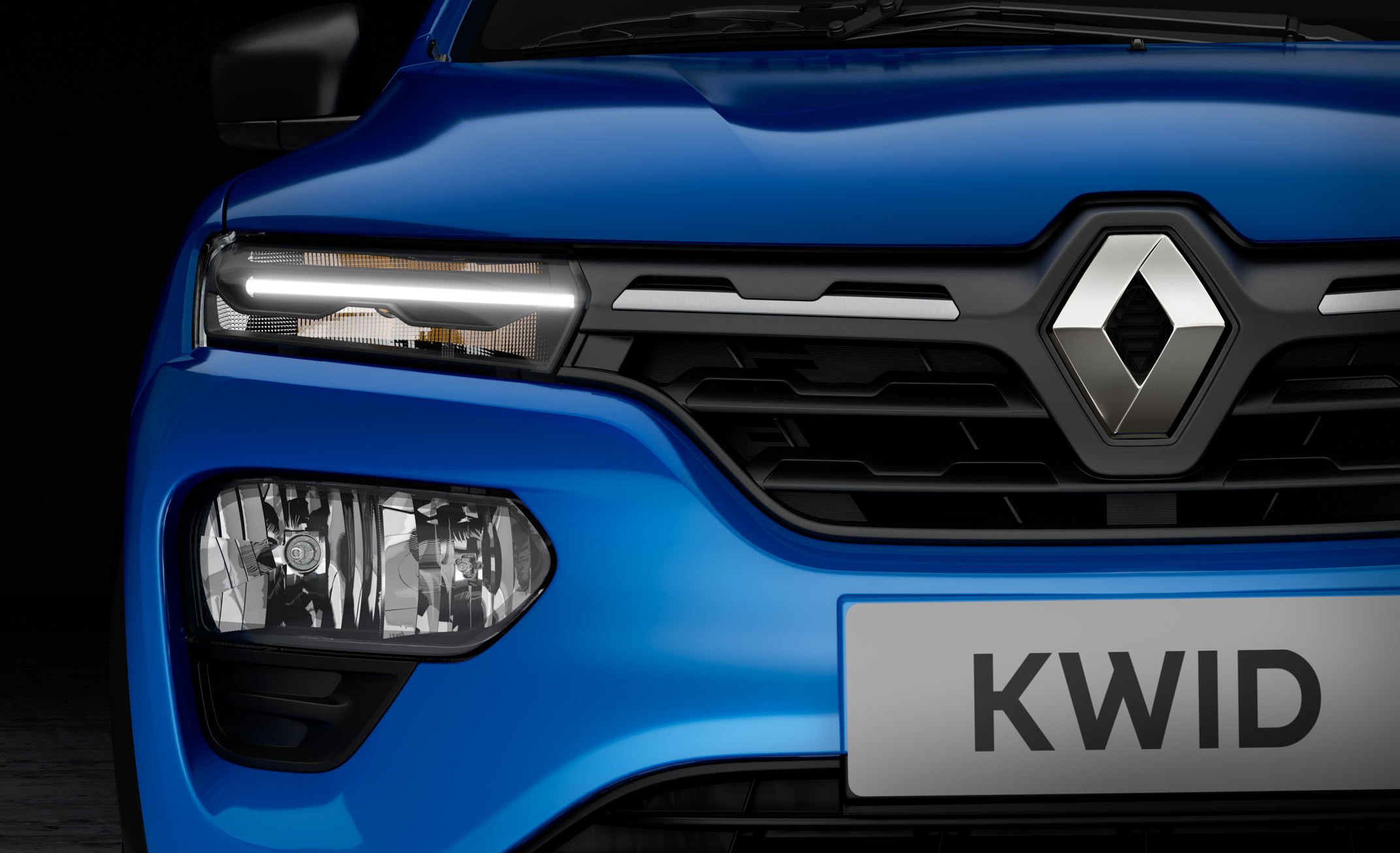Lack of information about a possible new car price reduction can harm dealers' businesses


By Alzira Rodrigues | 5/17/23 | Translated by Jorge Meditsch
Nothing is clear about the government’s announcement next May 25 about the proposal to redeem the popular car, now called by Anfavea ‘green entry car’.
What is known is the natural expectation of the market about a possible reduction of new cars prize, which is causing a sales setback. A sector source told the rental companies held all purchases this week, awaiting the government announcement.
“There is an expectation that the prices may fall, so it makes no sense to close businesses this and next weeks.
This is also valid for the private consumer, who can take the same attitude while waiting for the promised incentive encouragement measures even because low-interest financing and up to 60 months credit is being evaluated.
After the announcement scheduled for May 25 became public, few executives are willing to comment on the popular car theme officially.
It is known there is a division in Anfavea because not all manufacturers have an entry car ready for this kind of project. And Fenabrave’s position is also uncomfortable.
Representing the dealers, Fenabrave isn’t responsible for product development and price formation. “There is space for a car under R$ 70 thousand, which is the price of the most affordable versions of the Fiat Mobi and Renault Kwid, the Brazilian market’s cheaper cars. But is there a way to reduce taxes and margins?”
The popular car already exists
According to an experienced dealer, the answer is easy: “The popular car already exists. All that is needed is to apply the 18% discount granted to the rental companies, and the two entry models currently available in Brazil would cost about R$ 57.4 thousand – the price suggested for the so-called green entry car (from R$ 50 thousand to R$ 60 thousand)”.
According to some rentals, the discounts offered to the segment go from 10% to 18%.
The rental sector’s demand for entry cars is significant. According to a source consulted by AutoIndústria, the basic models, such as the Mobi and Kwid, are always purchased with power steering and air-conditioning, costing the rental companies about R$ 72 thousand.
In 2022, the rental segment accounted for 30% of the automotive sales. This year, the index is around 22%. The rentals’ fleet age, which reached 30 months in 2021, was already reduced to 22 months, and the companies will not necessarily keep buying at the same pace from now.
There is no more need to keep the previous pace, unless the manufacturers increase the discounts. If this is possible, why not reduce the price for the individual consumer and improve the Brazilian market’s purchase conditions?
A partir de kits CKD, serão fabricados três modelos: X-Cape 650cc, Seiemezzo 650cc e Calibro…
Gáston Diaz Perez, CEO e presidente na América Latina, revela faturamento de R$ 10,8 bilhões…
Executivo será responsável pela Divisão Mercado Industrial
A primeira rodada de avaliação contará com 27 modelos, um de cada montadora. Entre eles,…
"Trabalhamos em diversas frentes para tornar a empresa cada vez mais forte e resiliente”, diz…
Ritmo das atividades acompanha momento positivo do mercado, que cresceu 77% no período